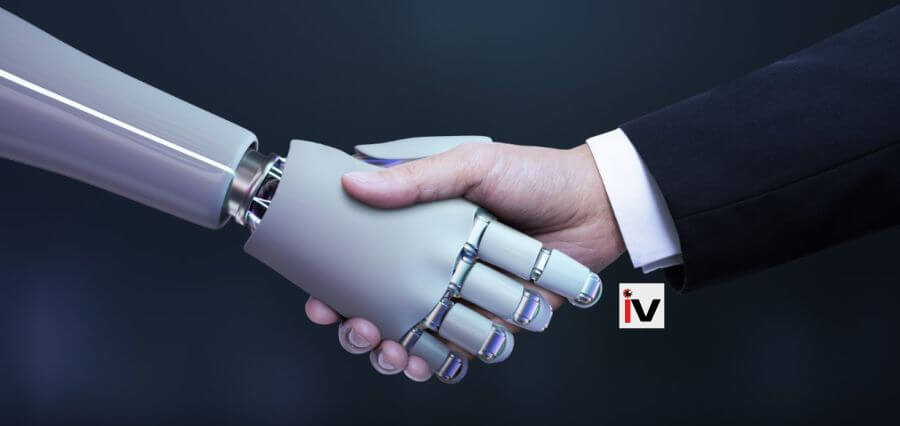We frequently hear terms like “AI,” “artificial intelligence,” and “big data” in our daily conversations. As simulated intelligence keeps saturating our social designs steadily, the inquiry emerges: How do things affect us?
Up to this point, computer-based intelligence helped innovation by assisting us with directing examinations, creating messages, drafting expositions, getting our work done, and even composing code. The rapid expansion of AI outreach raises the possibility that AI will eventually outpace human intelligence.
AI’s Impact
North of 60 nations have embraced public arrangements on the utilization of simulated intelligence, and the EU is having these conversations also. Laying Down Harmonized Rules on Artificial Intelligence (Artificial Intelligence Act), a new regulation proposed by the European Commission in April 2021, addresses AI’s risks and positions Europe to lead code.
A group of AI specialists and business leaders signed a letter urging a six-month halt to the development of advanced AI. “Contemporary AI systems are now becoming human-competitive at general tasks,” according to the signatories. Therefore, safety protocols must be developed and implemented after a six-month pause.
These technological advancements are intended to increase human productivity and, as a result, enable lawyers to concentrate on strategic issues. We must watch if this will render certain entry-level legal positions (or functions) obsolete. In any case, lawyers who aren’t good at using artificial intelligence may soon be replaced by lawyers who are.

